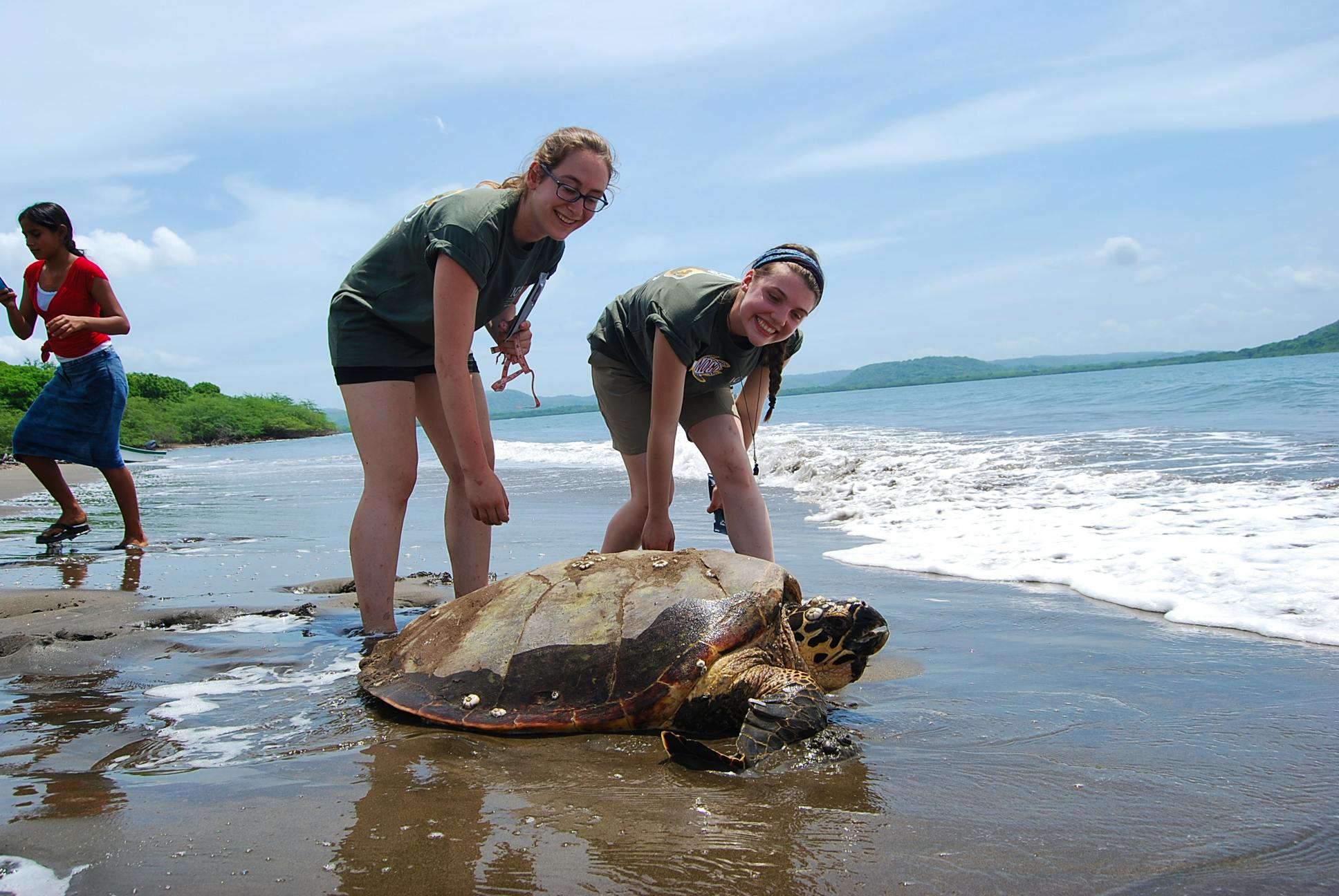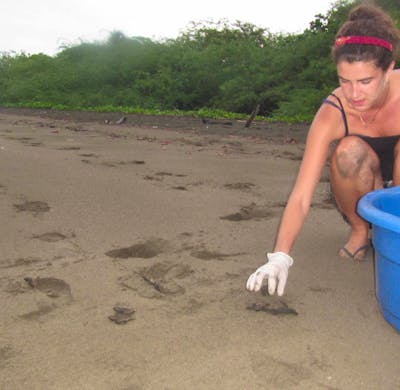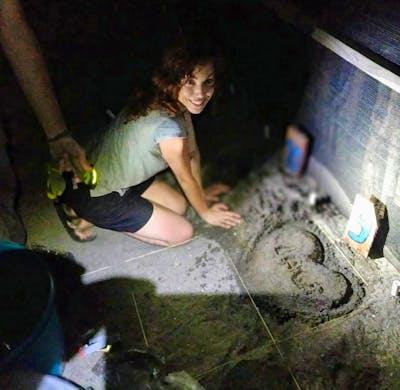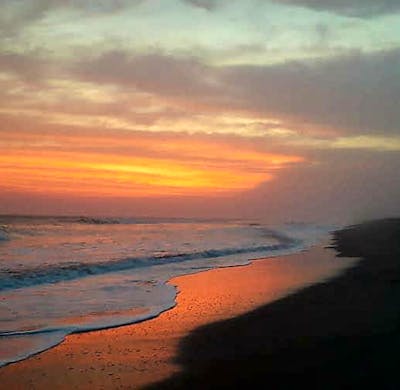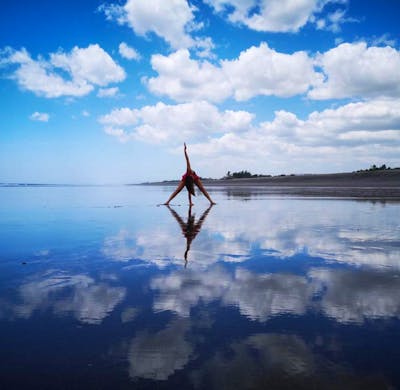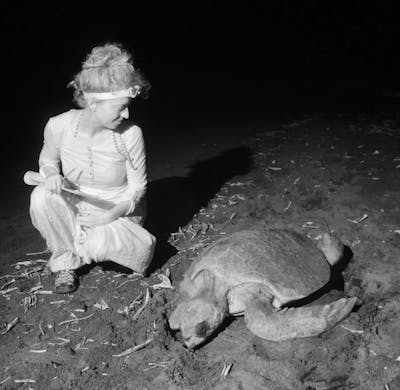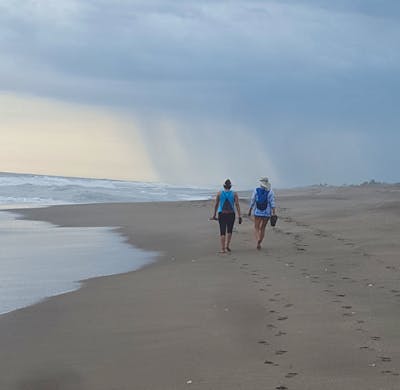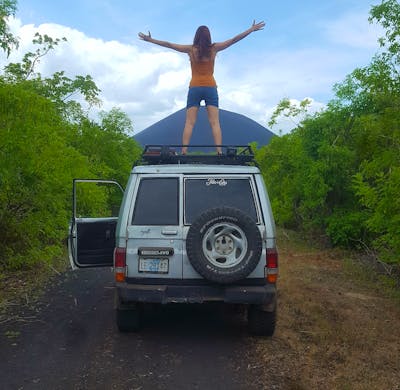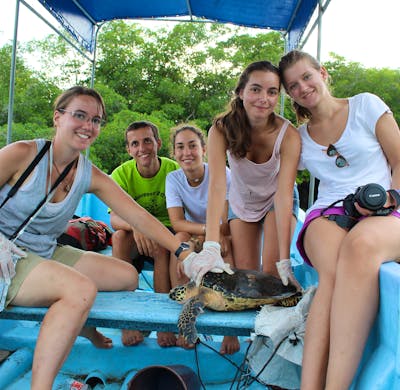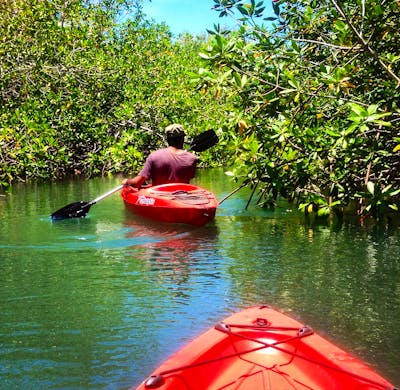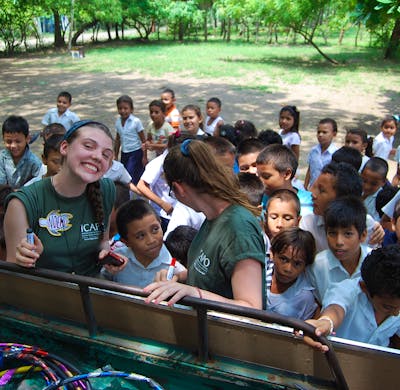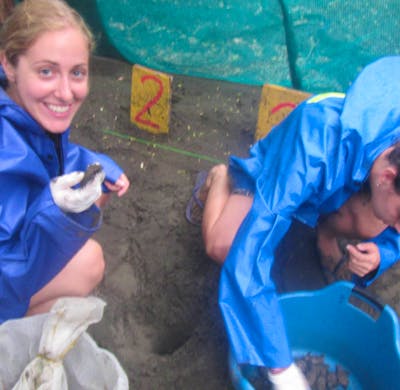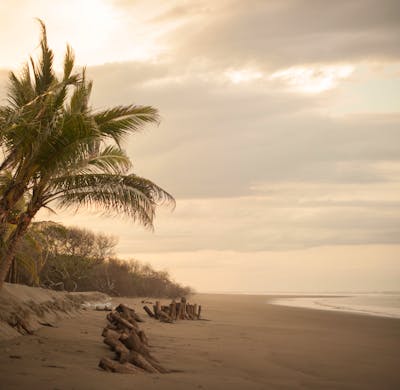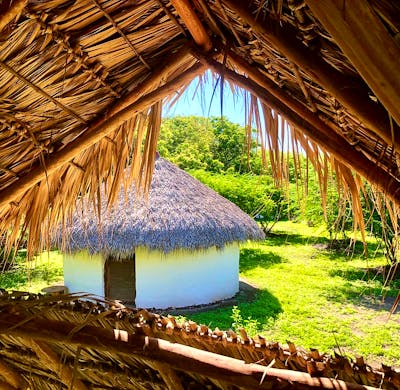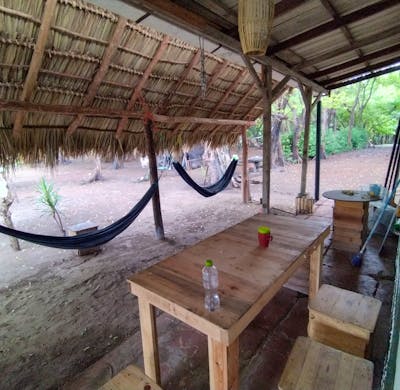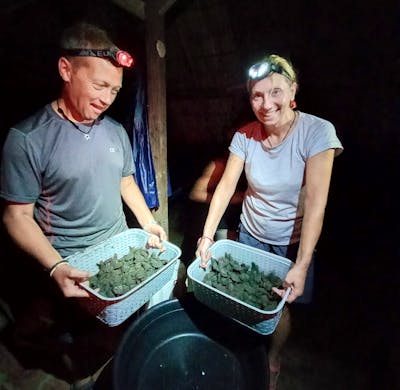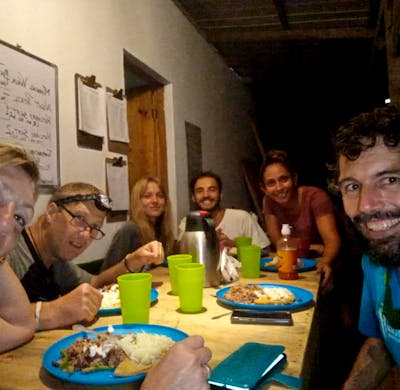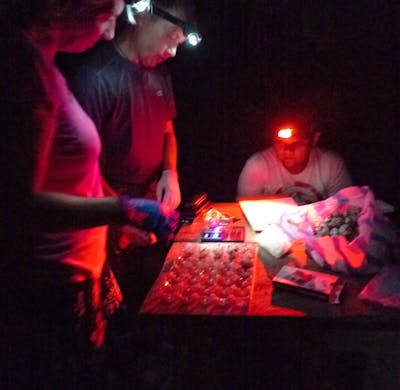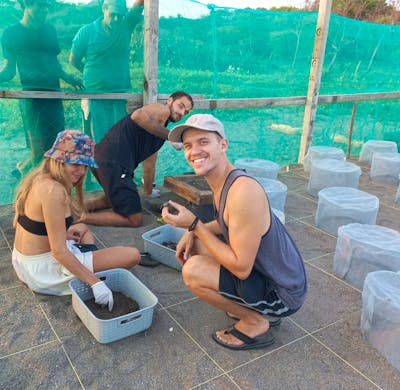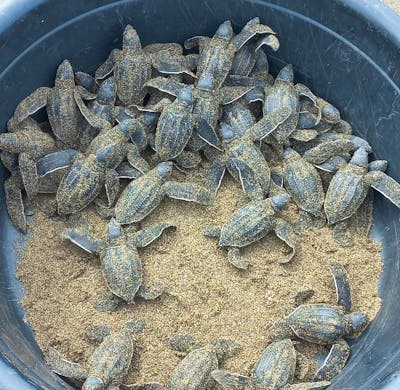from 277€
Sea Turtle Conservation Assistance
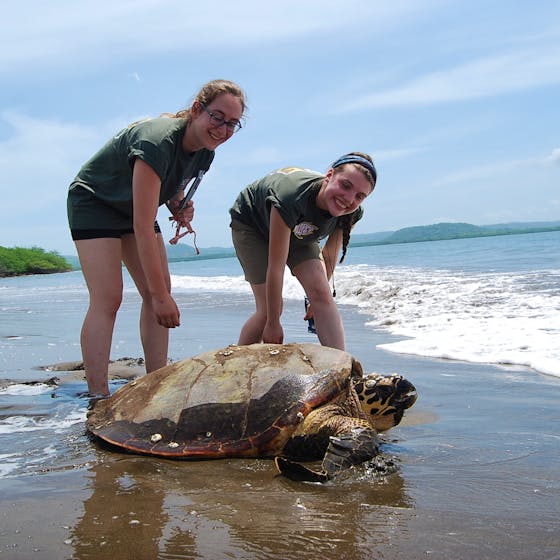
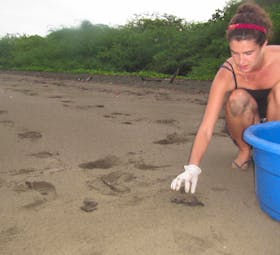
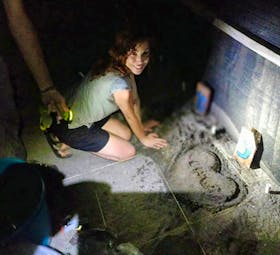
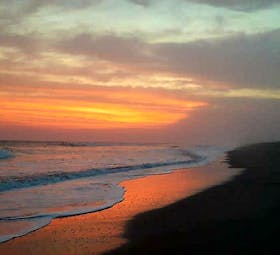
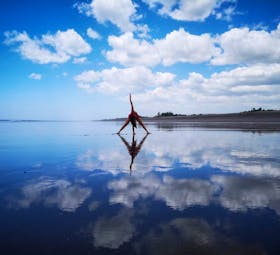
Highlights
- volunteers can learn about sustainability and contribute to the well being of the local communities.
- Volunteer with sea turtles alongside trained biologists and go on beach patrols, witness nesting turtles and hatching babies.
- Contribute to coastal wetland research, management, and conservation and participate in active mangrove forest restoration.
- Enjoy one of the most stunning corners of Nicaragua working in a beachfront field station.
- Gain Spanish fluency by sharing daily life with locals
Especially suitable
About the program
Volunteer to help us conserve one of the most endangered sea turtle populations on the planet.
About the Program
ICAPO is a sea turtle conservation nonprofit collaborating with a network of like-minded organizations in the Pacific coastal region of the Americas. Here, hawksbills are considered to be one of the most endangered sea turtle populations in the world.
Located on the northwest pacific ...
Typical day
Usual working days are from Monday - Saturday for 8 hours daily including the following tasks.
- Protecting sea turtle nests, representing the four species laying eggs on the Pacific coast of Nicaragua.
- Releasing sea turtle hatchlings.
- Participating in mangrove reforestation activities.
- Tagging and ...
Free-time activities
Our project station is located close to a very small fishermen community. It is an island only 20 km from Leon but quite hidden from the bustle. Mangroves, pristine channels with lots of species of birds, reptiles, molluscs and crustaceans. Have a walk and admire the lovely landscape formed by the ...
Requirements
What's Included
What's NOT included?
Details on arrival
Our sea turtle conservation project runs from beggining of July to end of February.
Program fees
Meet your organization
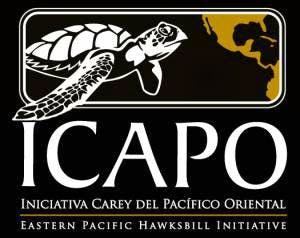
ICAPO
Non-profit - founded in 2008
Verified by Volunteer World
Coordinated by
David
About the project
5 reviews ·  4.6
4.6
Location

You might also be interested in
-
Yoga
Sea Turtle Conservation
Couples
Best Volunteer Programs
Volunteer Trips for College Students
Adults
Voluntouring
Projects Abroad
Group Volunteering
Global Volunteer Opportunities
Mission Trips
Family Volunteering
Latin America
50 Plus Volunteering
